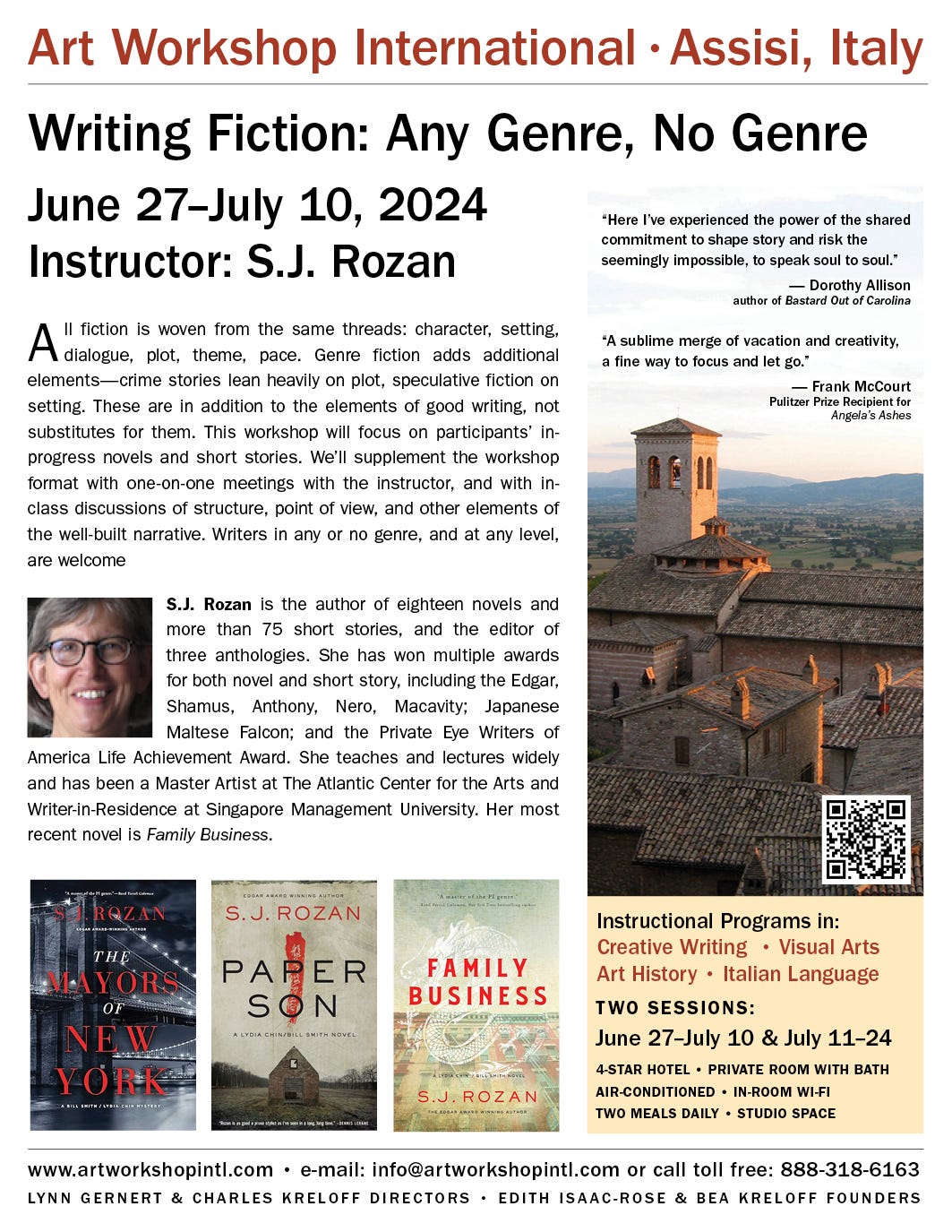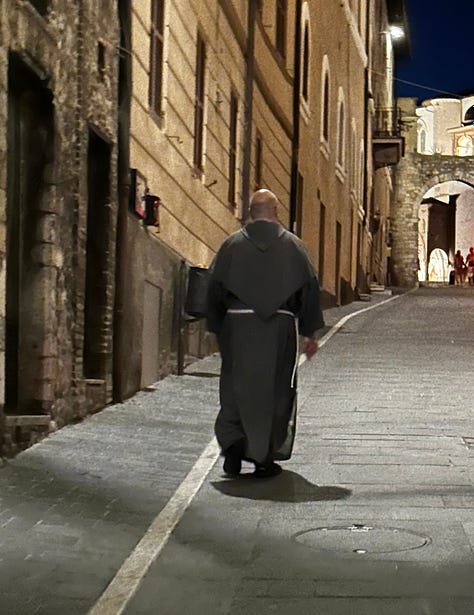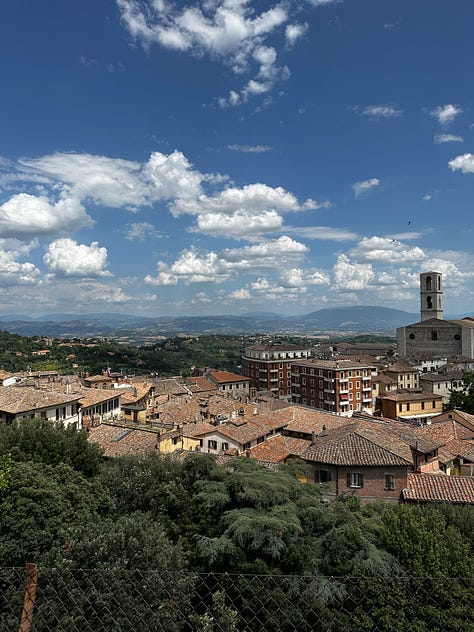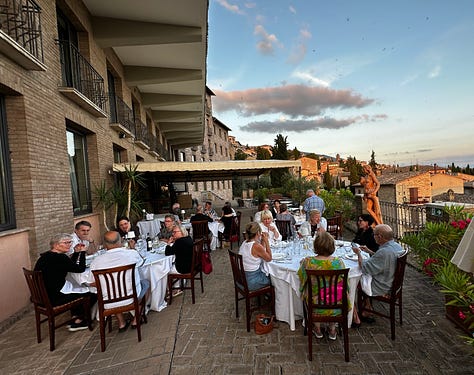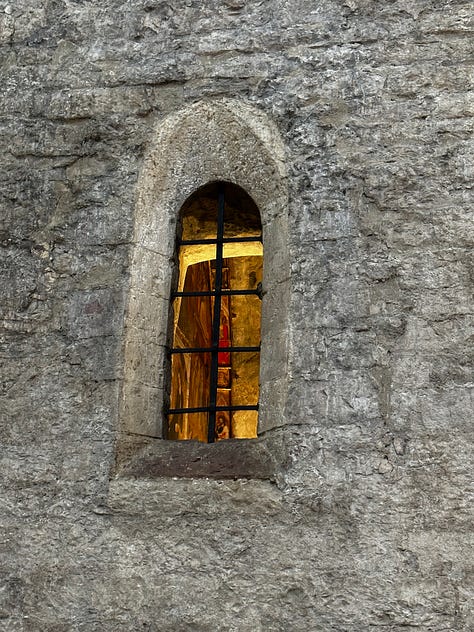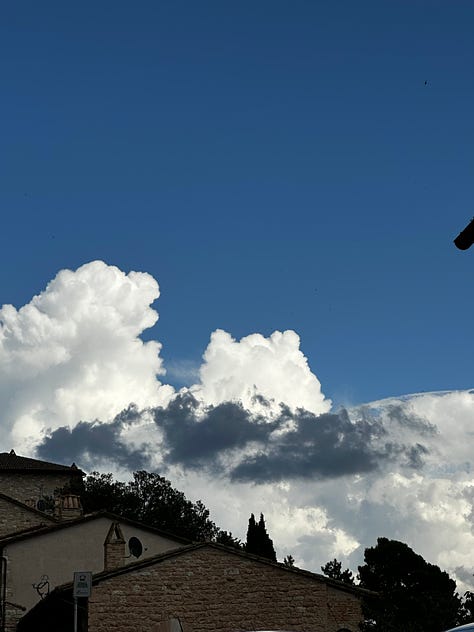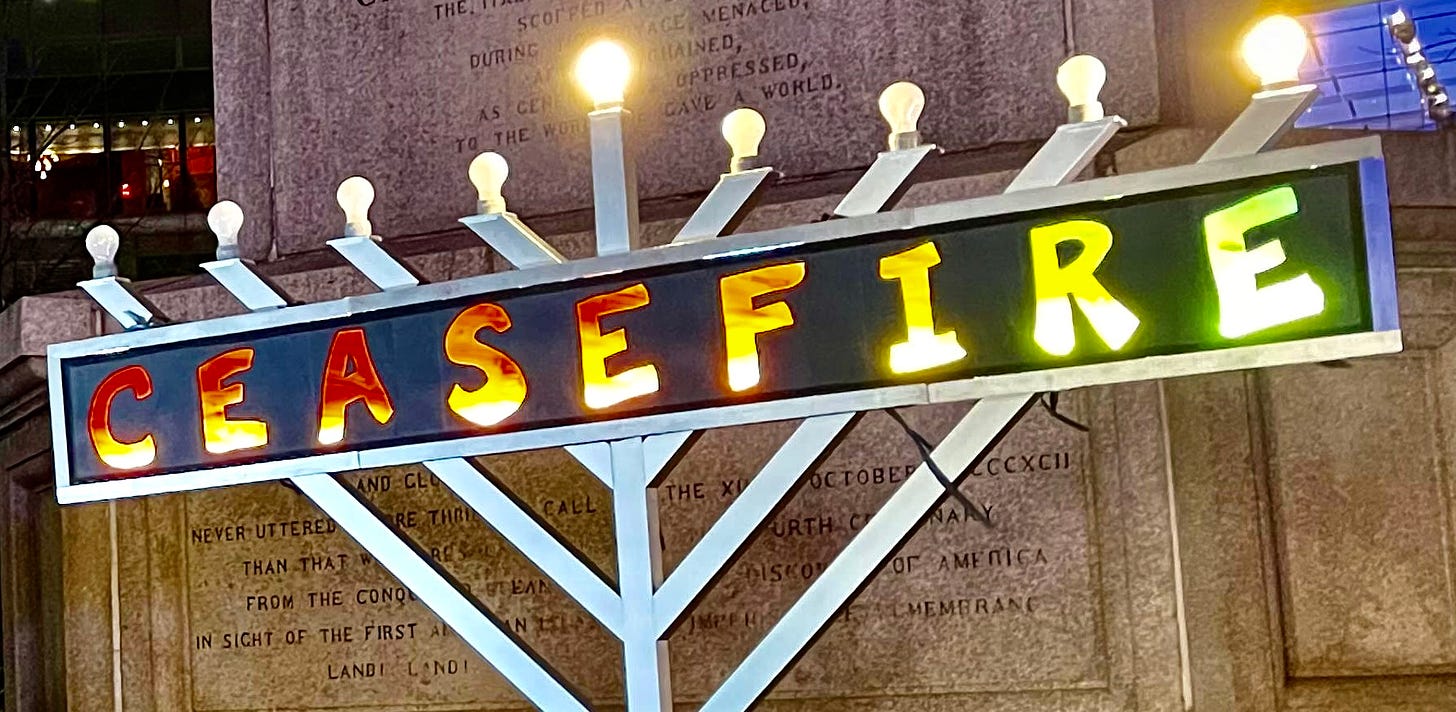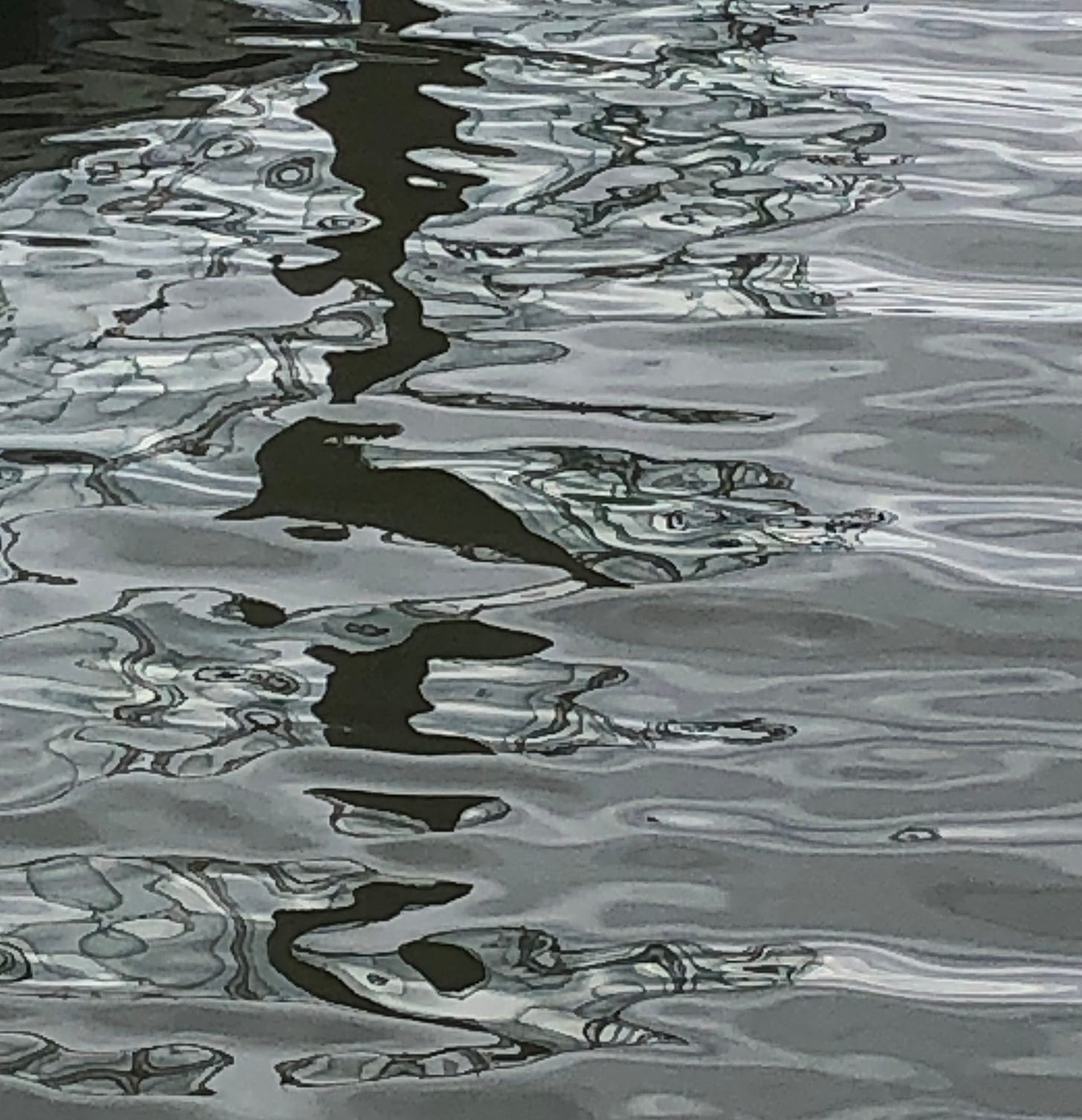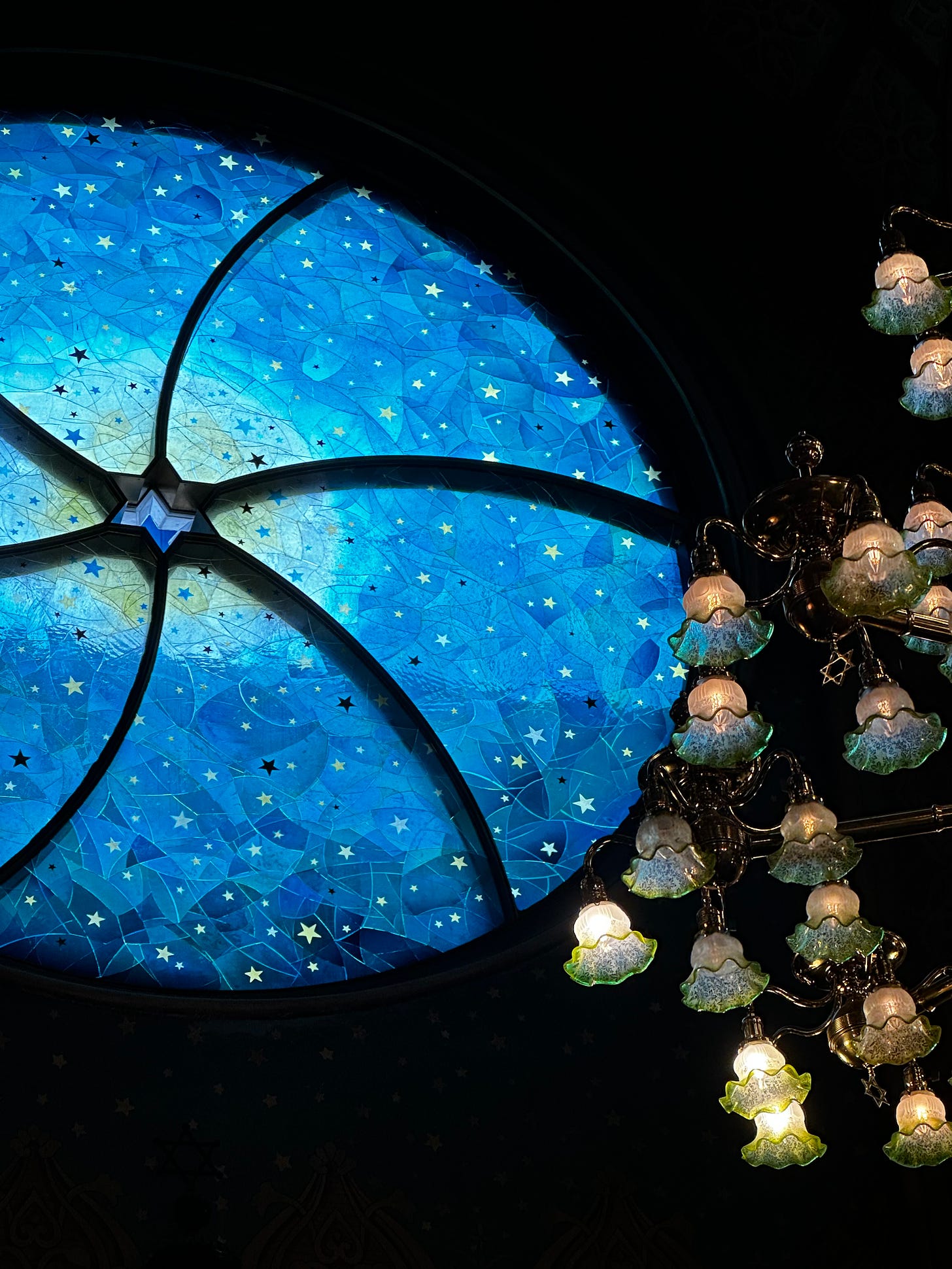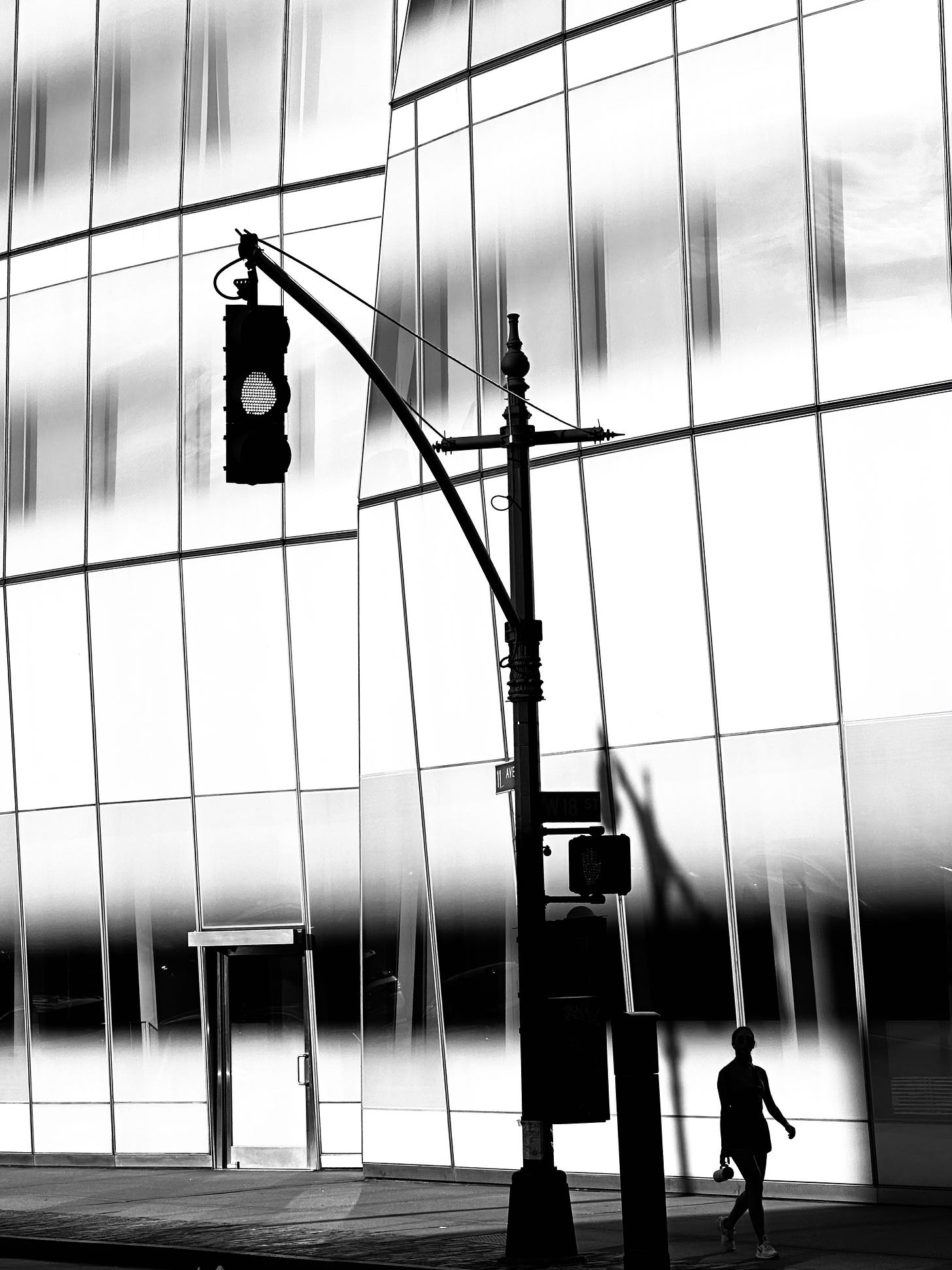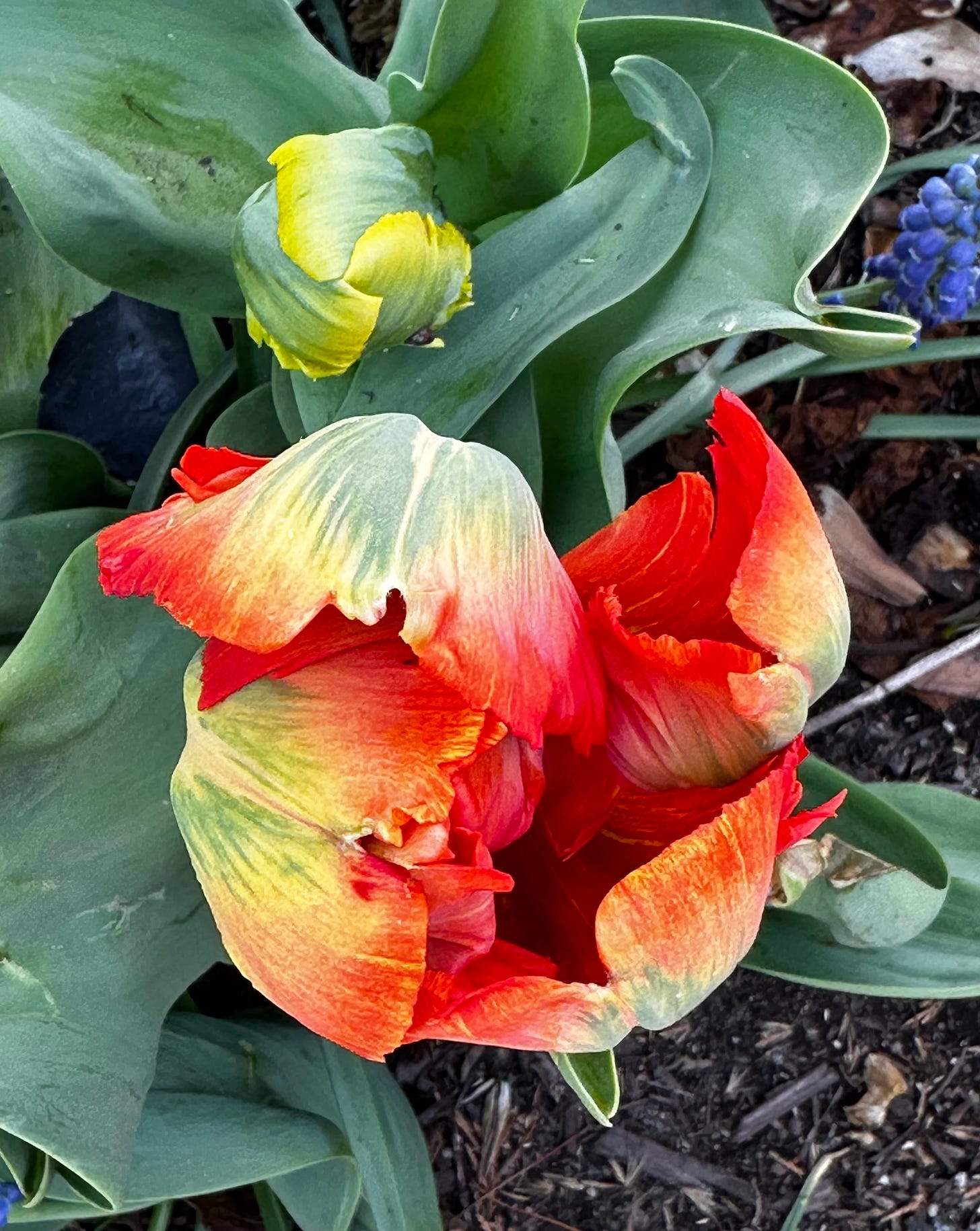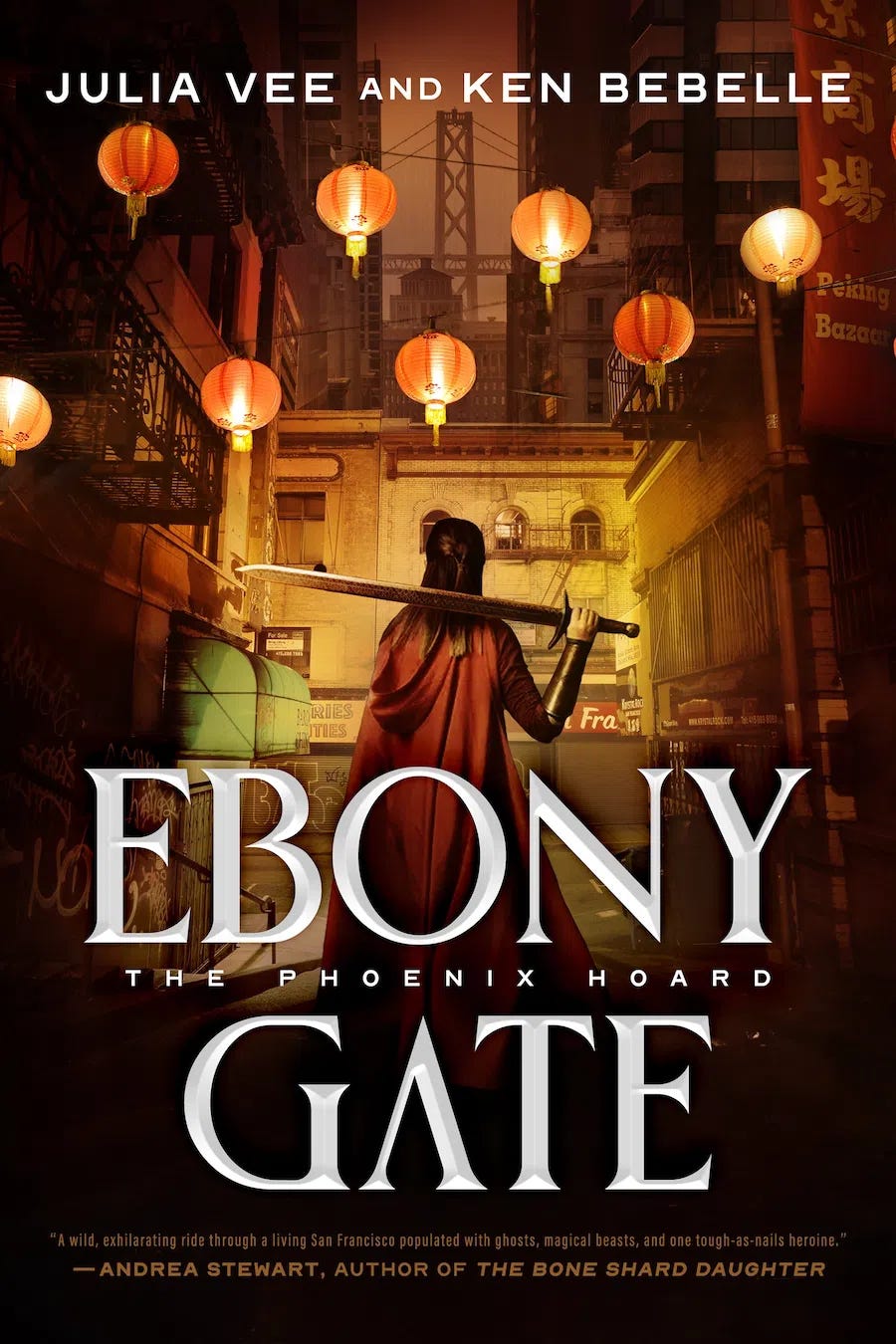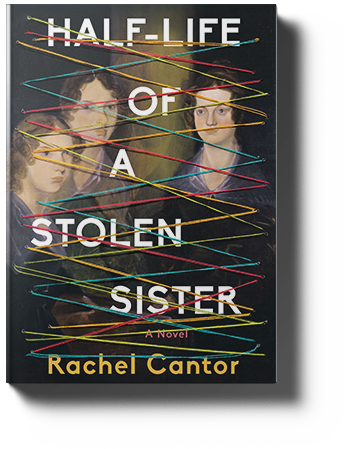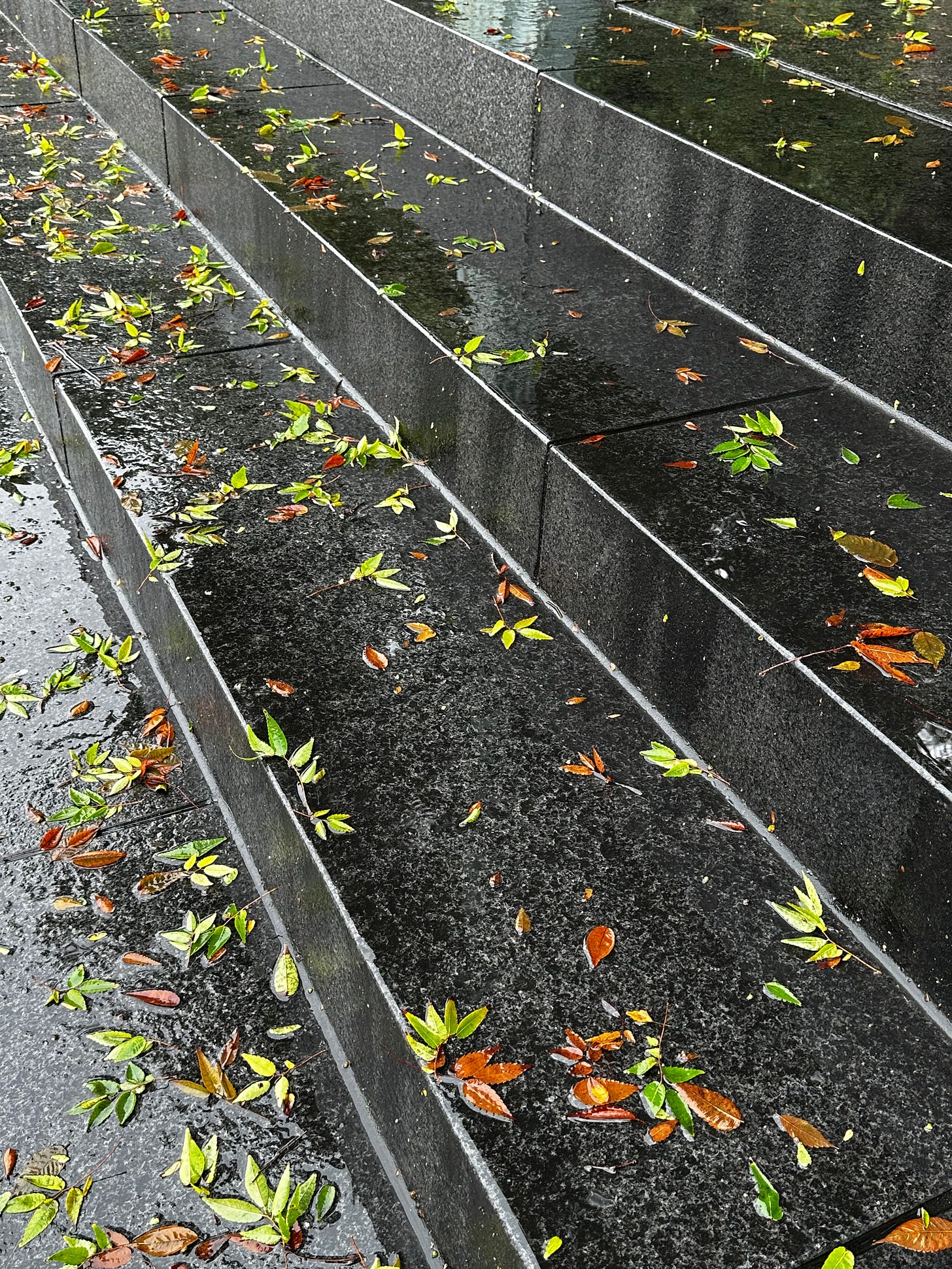On the first night of Chanukkah I went to an event organized by, among others, Rabbis for Ceasefire. It was a cold night and a warm crowd. We lit candles, sang songs, and said prayers for the return of hostages, for a ceasefire, for an attempt at a new road forward, a two-state solution, a peace in the middle east that could last. We also, as is inevitable at a political rally, heard speeches. I’m a red diaper baby; I’ve been going to rallies since I was two. I usually can’t hear the speakers and when I can I rarely listen. This time, though, Peter Beinart said something in his short speech that’s been on my mind ever since.
I’m going to paraphrase, but the sense is there. He said he didn’t see much reason for optimism, that times had never seemed so dark. But, he said, “Jews are not called upon to be optimists.” (At which you could hear rueful laughter in the crowd. Honestly, based on the last 5,000 years, what have we got to be optimistic about?) Then he went on: “We’re called upon to have hope. And to work to make our hope a reality.”
This struck me, this distinction between optimism and hope. Optimism, and pessimism, too, are actually forms of arrogance, aren’t they? They’re predicting the future. Don’t worry, be happy, everything will turn out well. Or, panic, run and hide, everything will turn out badly.
Then it doesn’t.
Hope is different. Right now, I’m with Beinart. I see little reason for optimism. But hope is like breath. It’s always with you. I can hope for a ceasefire, I can hope for a permanent peace, I can hope for an end to the war in Ukraine while I’m at it, and I can hope for a solution to climate change. And I can work, to the best of my limited ability and alongside other people working to the best of theirs, toward those things becoming reality. Maybe they will, maybe they won’t. I don’t know.
But I don’t need to know. There’s a quote attributed to Rabbi Tarfon that goes, “It is not asked of you to finish the work, but neither are you free to refrain from it.” Interestingly, another translation makes the first phrase, “It is not given to you to finish the work…” Finishing the work would be a privilege. Chances are I won’t see the work finished. But if I plant a tree chances are I won’t see that finished, either, grown to its tall, leafy, bird-sheltering fullness. Is that any reason not to plant it?
Thanks for reading. Subscribe to my Substack to get new posts in your inbox.
